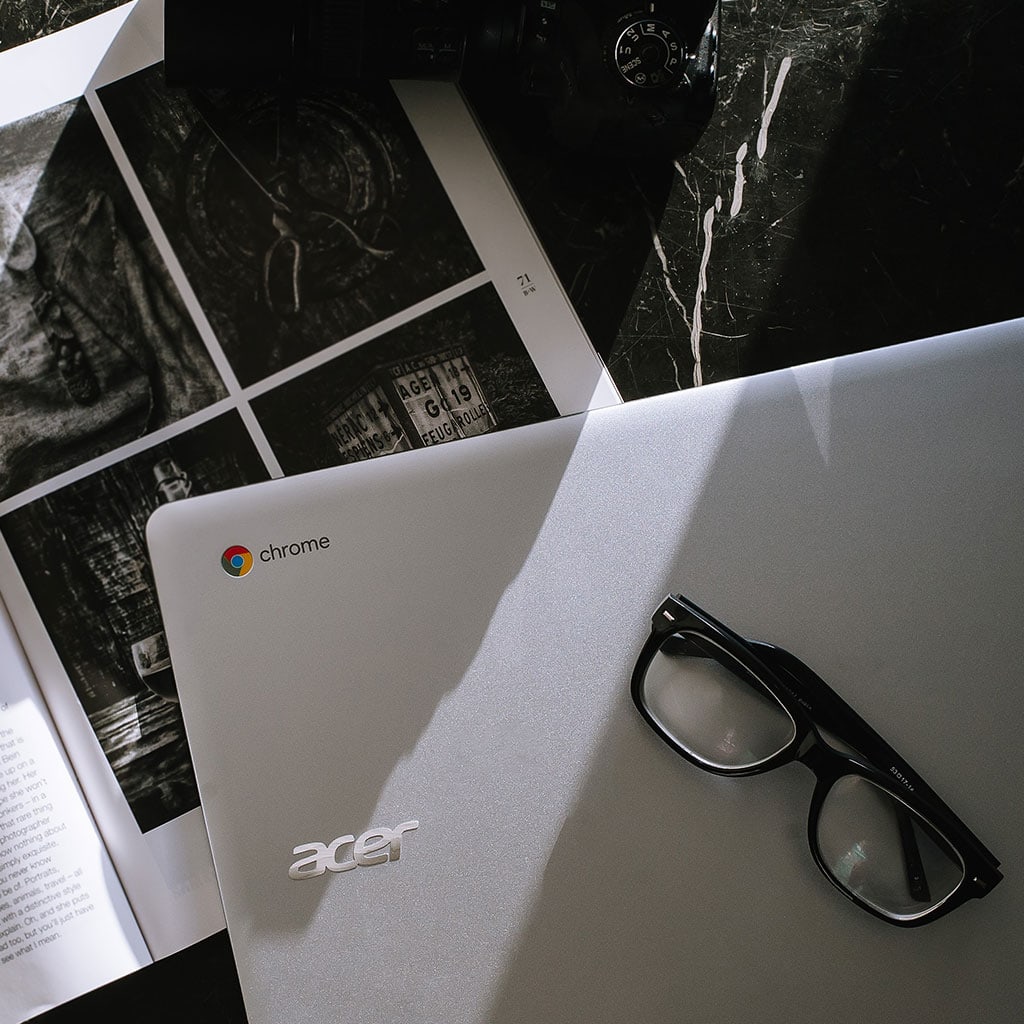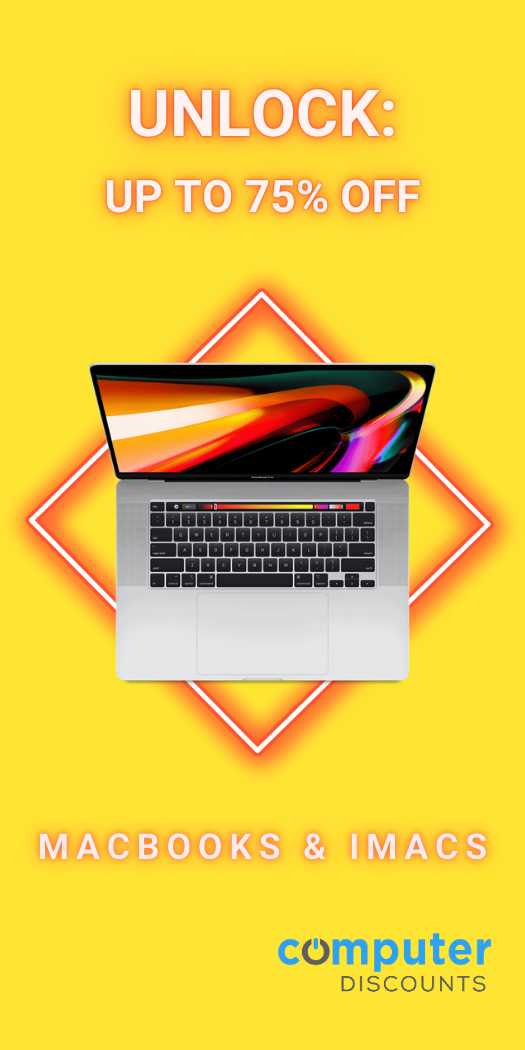A Chromebook is a type of laptop that runs on the Google Chrome operating system, designed to be used primarily while connected to the internet. Though relatively new to the market, many people are now asking: “How can a Chromebook do everything a standard laptop does?” The answer is that it largely depends on what you want from your device.
What is a good Chromebook?
When it comes to finding the best Chromebook for your needs, it really depends on what you need out of a laptop. If you’re just looking for basic web browsing and some light applications, then any mid-to-low end Chromebook should do the trick. They also have minimal hardware requirements so they can be quite affordable depending on the specs. It’s worth noting that in recent years there’s been a range of sizes and styles released which take advantage of Chrome OS’s current capabilities.
For more demanding multitaskers, you should look into getting a higher-end processor such as an Intel Core i-series or AMD Ryzen processor, 8GB of memory and 128GB SSD storage at least. This will obviously drive up the cost of the device, however overall this will give you far better performance than something cheaper with lower specs. All in all, when searching for a good Chromebook there are a few main factors to consider; specs like processor speed and memory size can make or break your experience with the machine over time.
What is a laptop?
A laptop is a portable computer that is designed to be small and lightweight enough to move around with convenience. It can do all the same things as desktop computers, but in a smaller form factor. Traditional laptops come equipped with an on-screen keyboard, trackpad or trackball, and a battery that powers it—making it possible to take your workload wherever you go. Unlike Chromebooks which run on limited Google OS, laptops are powered by either Windows or Mac OS, meaning you have access to full suit of applications and programs.
Where a laptop really stands out is that it pretty much can do everything a desktop computer can—from surfing the web, creating documents, streaming multimedia content, gaming—all at much faster speeds than a Chromebook would be able to offer. With this portability and power comes an added cost; however, for those who work remotely or need to travel often with their work—it’s worth the investment! Laptop offer users the ability to stay productive when away from traditional desks and office environments.
Chromebook Vs. Laptop
Chromebooks and laptops are two of the most popular options when it comes to personal computing. Each device has its own set of features, advantages, and drawbacks that cater to different users’ needs.
Based on market trends from Statista, the number of Chromebook shipments worldwide is expected to decline in 2022, with 30 million units shipped. However, laptop shipments have been steadily increasing over the past few years, with 222.5 million units shipped in 2020 and projected to reach 272 million units by 2025. Thus, for those who require powerful productivity tools that can give them an edge with their work or studies, a laptop is usually the more viable option as it is designed for multitasking applications such as photo/video editing or programming tasks. On the other hand, Chromebooks are a more affordable choice that come with great online capabilities such as cloud storage and access to multiple web apps and content streaming services.
Operating System
Chromebooks are a relatively new type of computer, running on Chrome OS—a lightweight operating system based off of the popular Chrome web browser. The earliest iterations of Chromebooks needed constant internet access to run web apps, but that has significantly shifted in recent years with newer models having the capacity to run Android apps, Linux programs, and enable users to do complex document editing offline. With today’s Chromebook devices, you no longer need an internet connection to make the most of your device as it can now be enjoyed however and whenever you’d like.
The primary benefit of using a Chromebook over laptops is its incredibly fast startup times. As the OS is lightweight, it takes very little processing power or time to get up and running. This allows for quick browsing as soon as the machine wakes up from shut down or sleep mode—you don’t need wait long to connect to the web before you can get started again on your next project or task. Whether you’re taking notes in class or streaming your favorite show after a break, Chromebooks make sure that you won’t miss out on any fun activities due to lag times caused by slow bootups!
Is a Chromebook capable of performing all the functions of a laptop?
A Chromebook can do almost everything a laptop can, meaning that it’s the perfect device for everyday tasks like web browsing, social media, messaging, streaming media and productivity software. For most people, a Chromebook is more than sufficient to meet their needs. The one limitation of ChromeOS compared to windows laptops is the lack of local software support – this means that professional use cases such as photo or video editing are limited unless users find browser-based alternatives. Professional writers often find that Chromebooks are sufficient for their needs since much of their writing is done online.
On the other hand, for those in creative fields such as photography and videography who rely heavily on specialty software such as Photoshop or DaVinci Resolve, a laptop running Windows or MacOS is needed in order to access those applications. In short, Chromebooks can do almost everything most people need it to do but they don’t have the full breadth of capabilities that come with laptops; it really depends on what kind of projects you work on day-to-day.
What can a Chromebook do?
A Chromebook is a laptop that runs on its own operating system, Chrome OS. It is based on Linux and uses the Chrome web browser as its interface. This type of computer is designed to be easy to use and run applications in the cloud with minimal trouble. Unlike other windows laptops, it does not have a traditional desktop set-up or file manager for downloading software; instead, it relies heavily on web-based apps like Netflix and Spotify to do most of what you need.
With Chromebooks being so browser-dependent, they are very streamlined systems that require less processing power to function properly. As such, they are great choices for anyone who spends much of their computing time online. Because much of the processing power is stored online, these computers don’t require large hard drives or complicated setup processes either, making them perfect for those who don’t need anything more than basic functions out of their computing experience. Overall, Chromebooks are great options for people who spend most of their computing time in a web browser and don’t need the power offered by more powerful computers like PCs or Macbooks.
What can’t a Chromebook do?
Chromebooks are certainly Swiss Army Knives when it comes to getting work done. They’re lightweight, secure, and include useful features like automatic updates without you having to think twice about them. But that doesn’t mean there isn’t room for improvement or a few restrictions. One of the biggest things a Chromebook can’t do is run any proprietary software or applications that require a Windows or Mac OS license. That means users are out of luck if they need to use Adobe products like Photoshop or Premiere. Furthermore, due to the limited internal components Chromebooks don’t tend to have as much power and therefore lack the ability to multitask as well as more powerful machines might. So although Chrome OS boasts blazingly fast speeds if you need more powerful performance then you may have to look elsewhere other than a Chromebook to meet your needs.
Is this hardware a match for a laptop? Let’s compare and find out!
When it comes to hardware, Chromebooks compare favorably to regular laptops, especially in terms of budget-friendly models. For reasonably priced versions, Chromebooks come with Intel Celeron processors that are dual core and rarely rise above the 2.0GHz mark. Furthermore, most Chromebooks offer 2GB to 4GB of RAM as standard but you’ll find more expensive models with high-end materials, build quality and the latest Core i5 or i7 chips at higher price points. Another bonus is that these devices often feature HD resolution as standard while Full HD, touchscreen and 4K options are becoming increasingly common for those who want additional features and a more immersive web experience. Moreover, Chromebooks now come in various sizes from 11-inch 2-in-1s to 15-inch options for extra screen real estate.
In comparison to traditional laptop models that usually have 8GB or 16GB RAM, current-gen Chromebooks have lower specifications when it comes to memory but they still deliver all the essential functionalities needed such as browsing the internet, playing games and streaming media content — all at an incredibly competitive price point.
Can Windows be installed on Chromebooks?
Running Windows on a Chromebook is possible, but it is not the recommended option. This is due to the fact that Chrome OS laptops typically have lower storage capacities, making them less than ideal to run Windows. Furthermore, most Chromebooks do not have the necessary hardware components and compatibility required for running Windows. The exceptions to this are higher-end Chromebooks and gaming Chromebooks, which offer better battery life, higher storage limits, and more powerful hardware for running Windows programs.
If you still feel determined to install Windows on your Chromebook despite these risks and warnings, it can be done—but it is an extremely complicated process that could potentially damage your device or even void your warranty. It’s important to research thoroughly before trying this; although some users may have had success with certain methods and configurations in the past, there’s always a risk of serious consequences when meddling with delicate machine components. Therefore it’s important to only attempt this process if you feel confident enough in what you’re doing and understand all of the potential costs involved.



